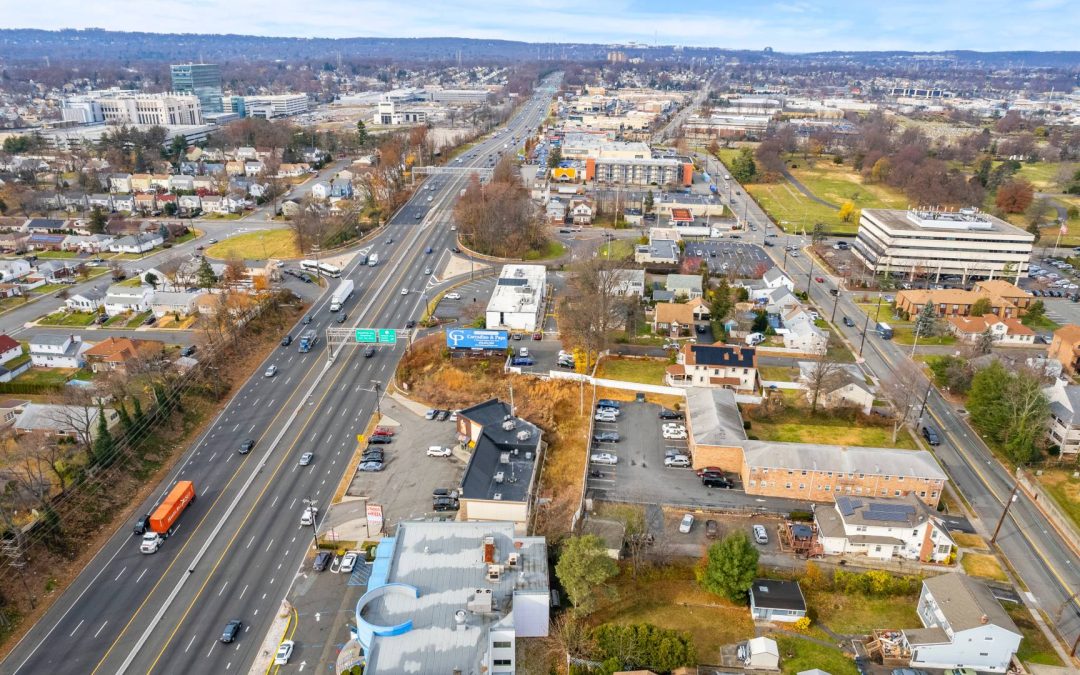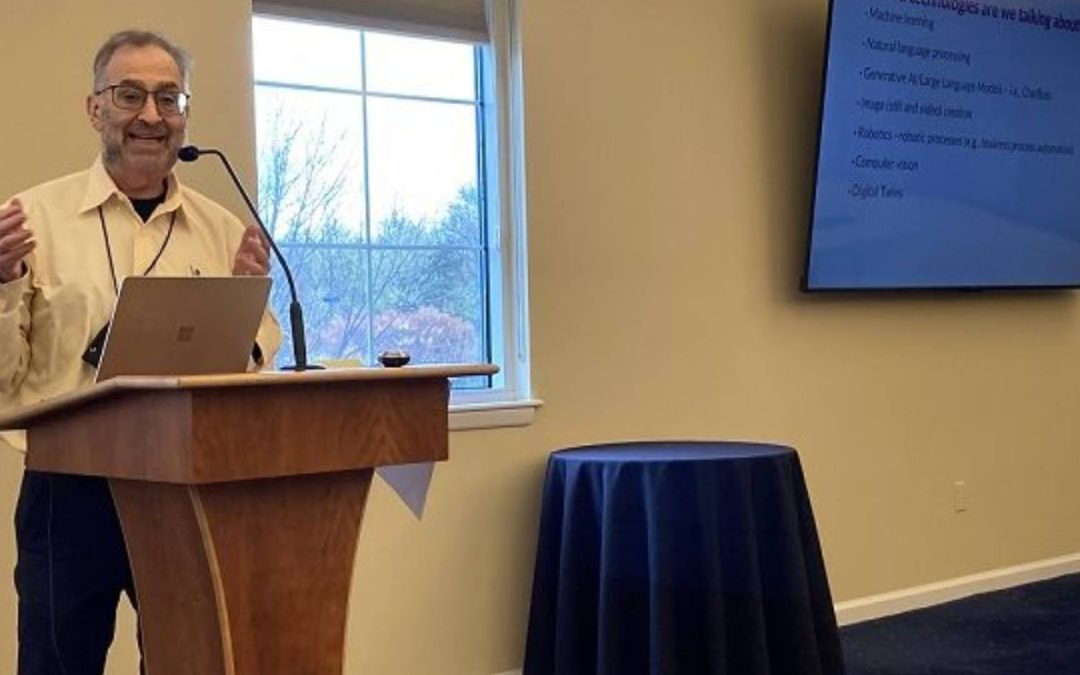But specifically adding criminal matters is “unusual,” said Marc Pfieffer, associate director of Rutgers University’s Center for Planning and Public Policy at Bloustein Local.
“But these are also unusual circumstances in Camden,” Pfieffer said.

But specifically adding criminal matters is “unusual,” said Marc Pfieffer, associate director of Rutgers University’s Center for Planning and Public Policy at Bloustein Local.
“But these are also unusual circumstances in Camden,” Pfieffer said.

“Not everyone bothers to take advantage of the opportunity to switch,” said Clinton Andrews, professor of urban planning and policy development at Rutgers University and director of its Center for Urban Policy Research (which has research contracts with the New Jersey Board of Public Utilities).

But specifically adding criminal matters is “unusual,” said Marc Pfieffer, associate director of Rutgers University’s Center for Planning and Public Policy at Bloustein Local.
“But these are also unusual circumstances in Camden,” Pfieffer said.

A longtime observer of New Jersey’s local governments, Marc Pfeiffer, a researcher at Rutgers’ Bloustein School of Planning and Public Policy, said part of the problem can be attributed to the recent member turnover on the City Council, with the exit of James Anzaldi as mayor after more than 30 years and the deaths of members Peter Eagler and Lauren Murphy.

University researchers to lead green infrastructure, community engagement, K-12 education and planning initiatives as part of a $72.5 million...

“Economic conditions change. Your expectations have to change,” said Marc Pfeiffer, associate director of the Bloustein Local Government Research Center at Rutgers University in New Brunswick. “They wouldn’t be able to cut that same type of deal today.”

When the federal government allotted $190 billion to school districts throughout the nation in an attempt to address learning loss caused by...

And that’s not all. “Local governments have been expanding their role into employee benefits and rights,” said Marc H. Pfeiffer, Assistant Director at the Bloustein Local Government Research Center. “In many cases, cities are establishing minimum wages.”

“AI is going to drag our management-focused IT administrators more and more into the world of public policy,” Pfeiffer told the group. “It’s an area you may not have had any training or education in, but it’s an area you are going to have to learn about.”

Rising temperatures are also taking a toll on transit workers, from rail maintenance staff to ground crews at airports who are exposed to “really life-threatening levels of heat,” according to Andrews. And without them, trains and planes cannot operate
This report summarizes stakeholder and subject matter expert feedback regarding the potential elements and content of a New Jersey Ocean Acidification (OA) Action Plan. Feedback was provided by twenty-eight individuals through a stakeholder engagement process which...
We analyze the effect of a bicycle lane on traffic speeds. Computer vision techniques are used to detect and classify the speed and trajectory of over 9,000 motor-vehicles at an intersection that was part of a pilot demonstration in which a bicycle lane was...
Chatbots are software programs that use natural language processing to have conversations with people. Also called conversational agents, they can answer questions, provide recommendations, and complete tasks. Leading companies like Google, Microsoft, and Amazon, and...
There are two basic elements of technology that every municipality must have. Most places already do this, but it doesn’t hurt to highlight them. The first is an expert to advise you and your governing body on technology issues. As with other experts you hire—a police...